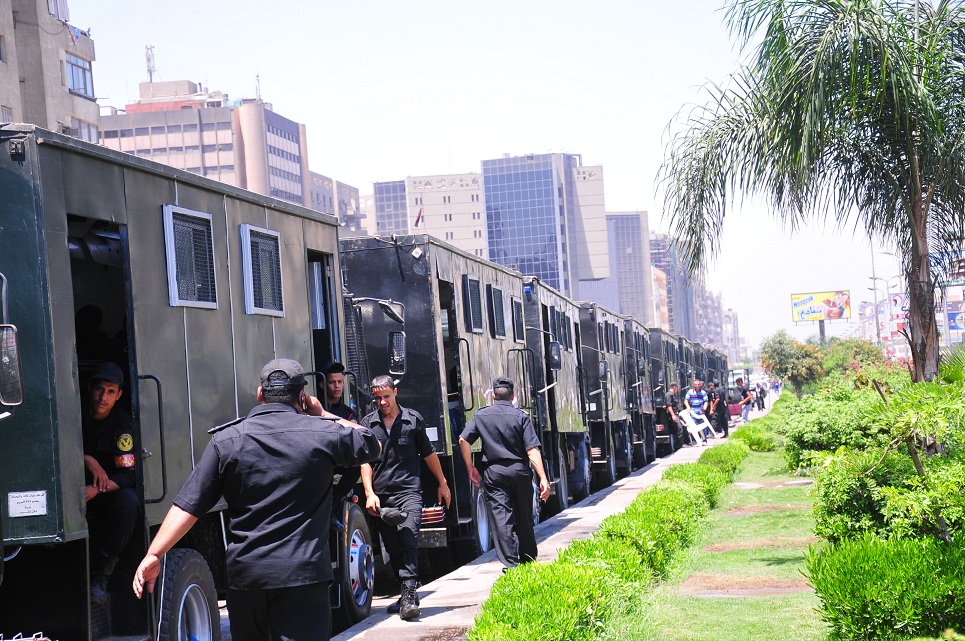
(AFP/ file photo)
Egyptian Minister of Irrigation and Water Resources Mohamed Abdel Motaleb will meet with his counterparts from Ethiopia and Sudan in Khartoum during the first week of November to discuss the negative effects of the Grand Ethiopian Renaissance Dam (GERD).
The meeting will address a June report issued by an international tripartite committee formed to analyse potential hazards that the building of the dam will pose to Sudan and Egypt.
In a statement on the ministry’s website, Abdel Motaleb stressed that Egypt supports development in the Nile Basin countries, and said the countries will work together to minimise any negative effects due to loss of water.
According to state-run Al Ahram, the meeting of Ethiopia, Sudan and Egypt has been delayed twice: the first time due to the political unrest of 30 June, and the second because of the August flooding in Sudan.
The announcement of the meeting comes a day after interim Minister of Foreign Affairs Nabil Fahmy embarked on a three-stop trip to Nile Basin countries Uganda, Burundi and the Democratic Republic of Congo accompanied by interim Minister of Agriculture Ayman Abu Hadid and interim Minister of Housing, Utilities and Urban Development Ibrahim Mahlab.
The tour, said a foreign ministry statement, “reflects the utmost importance the Egyptian government attaches to strengthening cooperation… with Nile Basin countries.” The ministers are expected to stress the importance of using the Nile River as “a tool for cooperation and to achieve mutual benefits for all countries in the Nile Basin.”
GERD has been a lightning rod for controversy in Egypt since May when Ethiopia began diverting water from a tributary of the Blue Nile for dam construction.
In April, the head of the fisheries authority, Amani Ismail, expressed concern over the building of the dam, claiming it would cause Egypt and Sudan to lose 18 million cubic metres of water and reduce the electricity produced by the Aswan Dam by approximately 25-30%.
In September 2012 Egypt denied allegations of plotting an airstrike on the dam. The story was printed by a Sudanese newspaper that cited whistle-blowing website WikiLeaks as a source.
Egypt has long received the largest share of the water from the Nile, as per agreements signed in 1929 and 1959, which guaranteed Egypt 55.5 billion cubic metres annually of the estimated total of 84 billion cubic metres of Nile water produced each year.






